Lesson 14 of the second volume of the sixth grade, there are two classical Chinese essays "Xue Yi" and "Two Children Debate", which are short and concise, both through a short story To clarify a truth, explain it in simple terms, and inspire thinking.
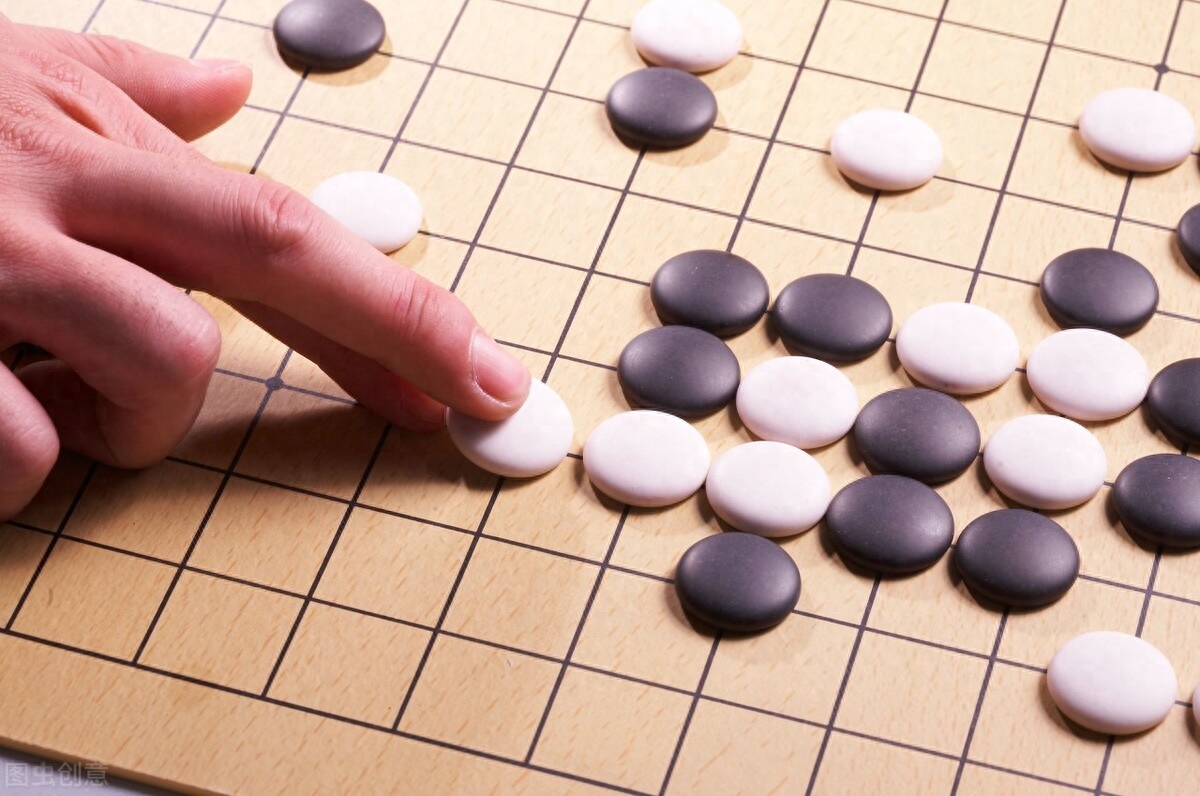
When students are previewing, they should not feel afraid of difficulties when they see classical Chinese texts. Please follow these methods to preview. You will have a good understanding of the text and learn how to write.
1. Read the text correctly and pay attention to the rhythm
From the topic to the author, to the source of the article, to the text, you must read it clearly and correctly. First try to read the whole text. If you are not sure about the pronunciation of a word, you can contact the context and annotations to determine the pronunciation. If you are not sure, you can look it up in a dictionary.
For example, "沲" is pronounced as "huì". There are several "wei" in the article, with different pronunciations:
The word "wei" in "I believe that a swan is coming" can be understood as "think" based on the context, and is pronounced as "weí".
The word "wei" in "Wei Shi Qi Fu Ruo Yu" means "because" in the annotation, so it is pronounced "weì".
"Isn't this small if it is far and big if it is close?" The word "wei" in this sentence is related to the context. When the verb "is" is used, it means , pronounced "weí".
"Who knows more about you?" The word "wei" in this sentence is the same as "predicate", pronounced "weì".
When reading classical Chinese, you must grasp the rhythm and pauses to help understand the text. The place of pause is not the only one, some differences are allowed. Just misinterpret the meaning of the article.
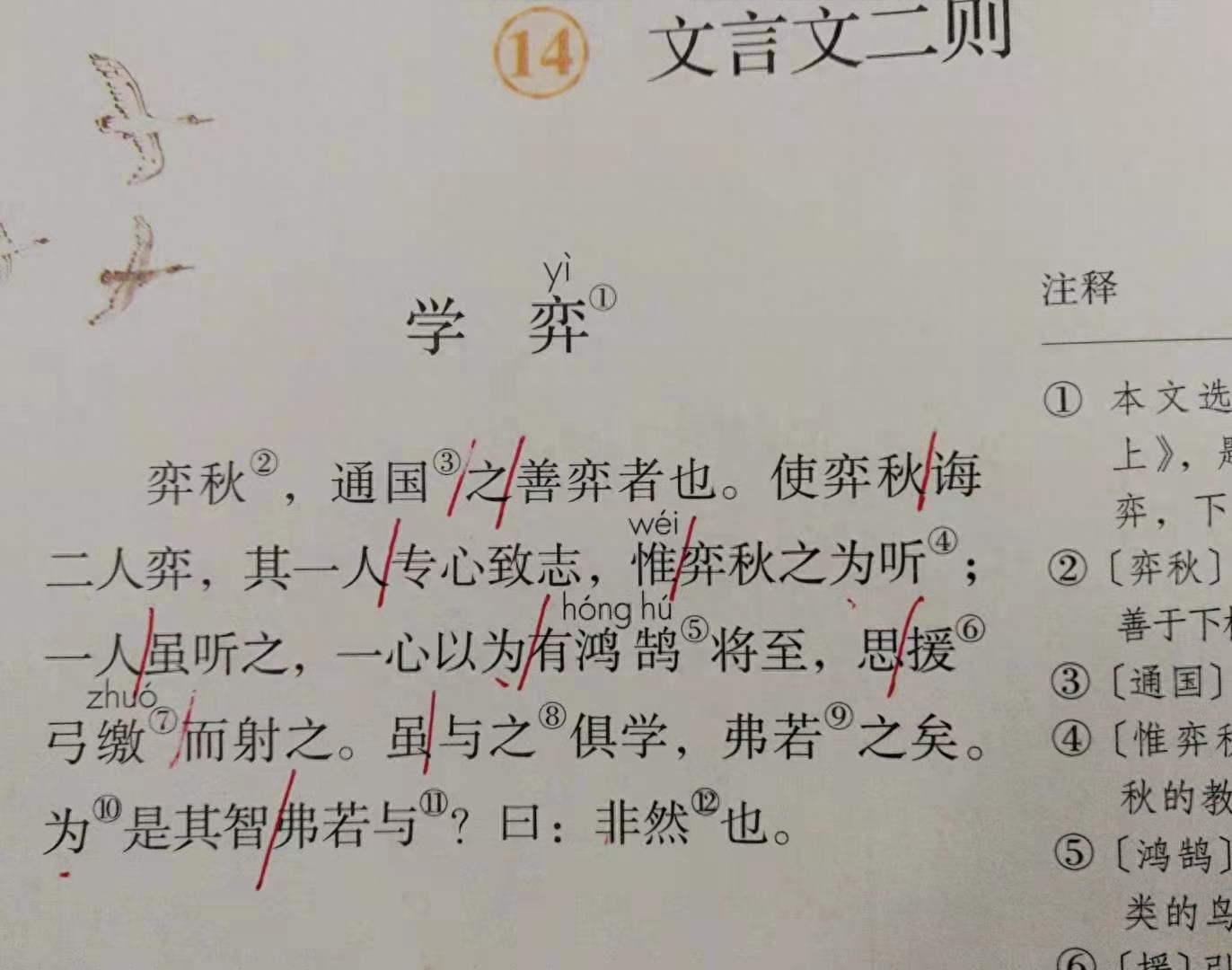
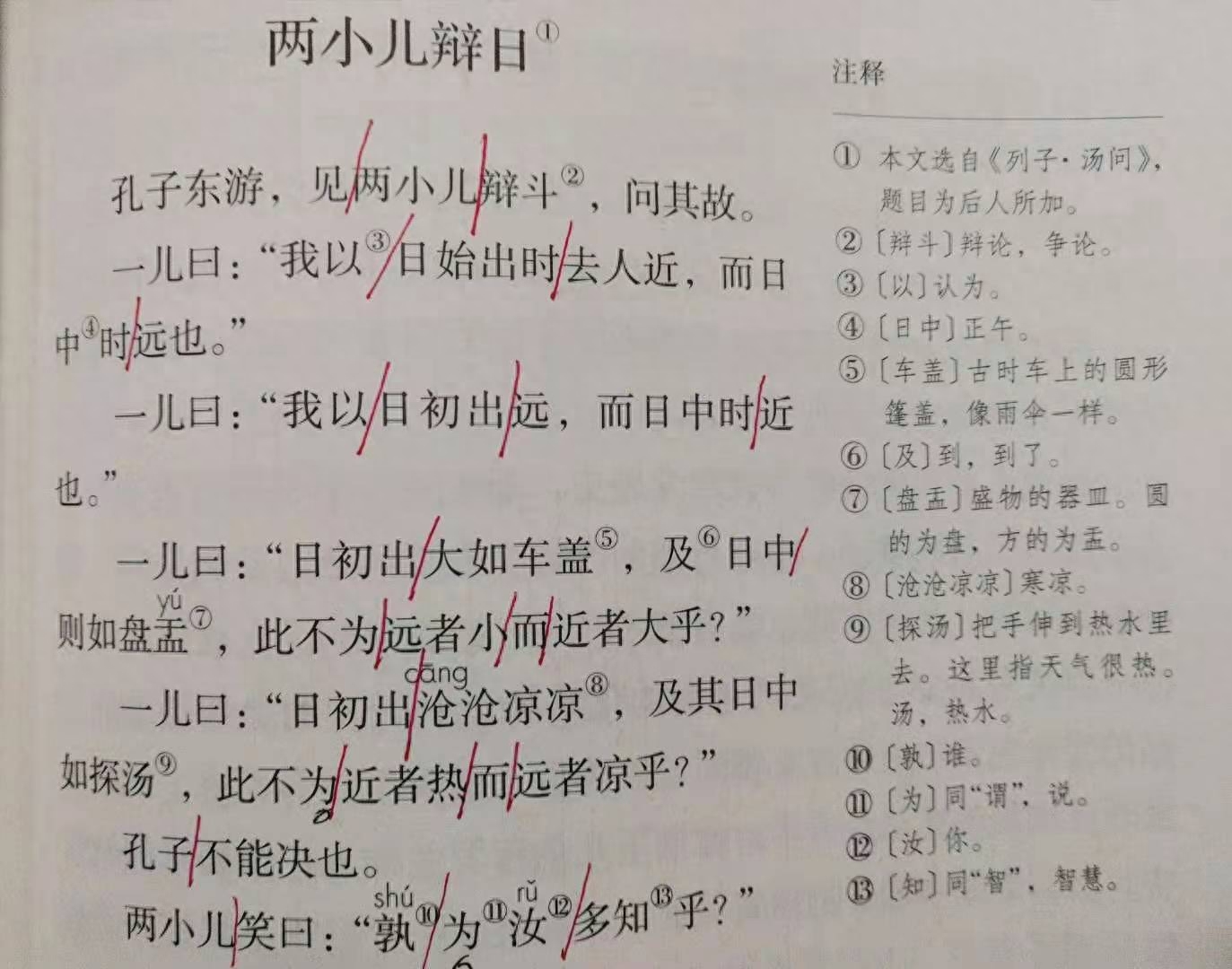
2. Use the annotations to understand the main idea of each sentence and read the tone correctly.
By the sixth grade, students have already studied classical Chinese and mastered certain methods to eliminate carelessness. The notes next to the article are very important. If you understand the key words, you can give the general meaning of the sentence. If you are still not sure, you can use modern Chinese word meanings to guess, or use a dictionary.
For example, the word "good" in "Yi Qiu is the best player in the country" takes the meaning of "good at".
For example, "Confucius cannot decide" comes from the word "jue", which means "decision, judgment".
There are other words that can be guessed based on the context. For example, the word "Zhi" in "Think of the bow and shoot it" can be guessed. Wen knew that he was referring to Honghu.
The "zhi" in "Who knows how much you know" here is the word Tongjia, Tong "zhi", which means wisdom.
The meaning of some sentences should be understood in conjunction with life experience, such as "The sun rises at the beginning... like a dish; the sun rises at the beginning... like exploring the soup." In these two sentences, students related to life, thought of the difference in size of the sun in the morning and at noon, and the contrast between hot and cold, to understand the reasons for the two children.

After understanding the general idea, read again. Pay attention to the modal particles, such as "矣, 也, 与, hu", and pronounce the appropriate tone. , For example, "It's not like that" and "It's not like that" can be read with emphasis to read out the tone of the statement and judgment; "It's so wise that it's like that" can be raised to read out the tone of rhetorical questions.
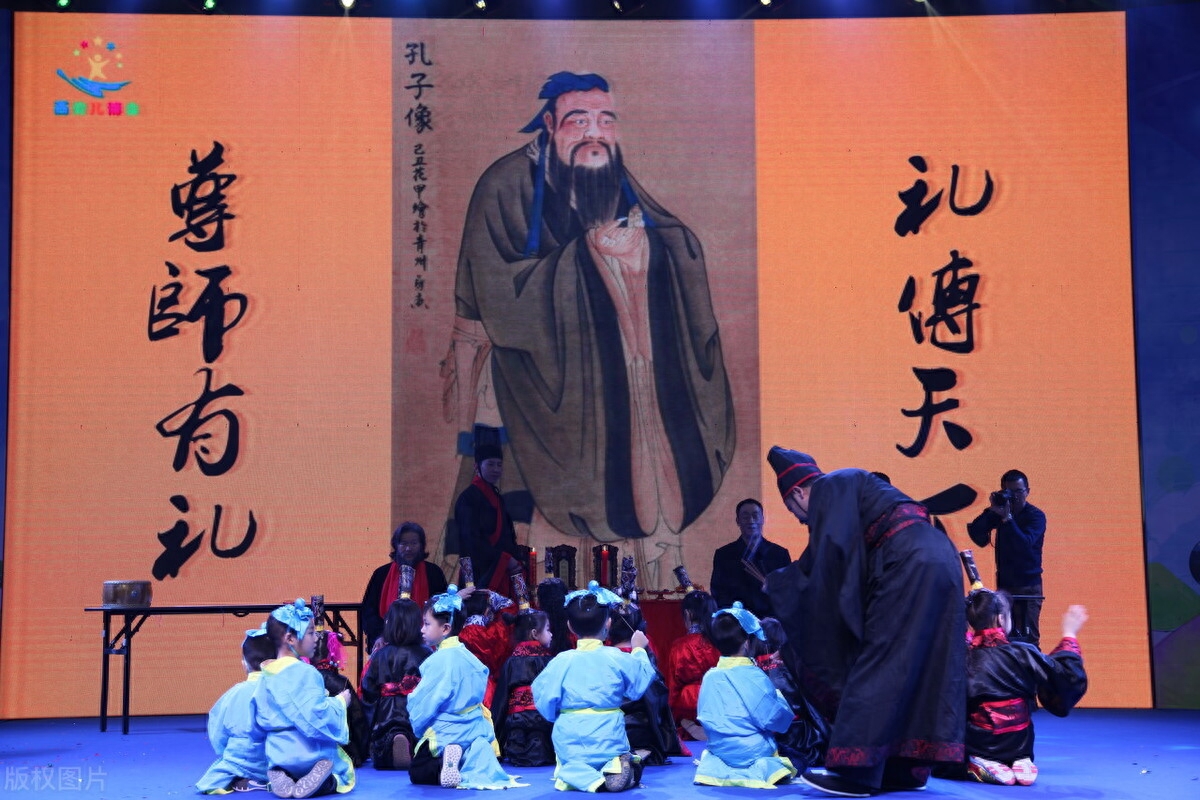
3. Try to organize the two situations and opinions in the article
Read and think silently, and underline the sentences in the text that express the author's point of view. In "Xue Yi", "Why is it so wise? It's not like that." I want to tell students: only by concentrating on it can you achieve something. I gave the example of two people. Those who study chess seriously and those who don’t study chess attentively will have different results.
"Two Children Debating Day" Find out the content of the conversation between the two children and their respective reasons. You can fill in the form according to the form.

4. Observe literacy and standardize writing
The words to be written in this lesson are all prone to mistakes. First, observe carefully. The word "aid" must be seen clearly. The right side is not the word "love"; There are three horizontal strokes on the right side of "Ju"; "Fu" is a single character, the third stroke is a vertical fold hook, and the fourth stroke is an apostrophe, which cannot be written vertically; "Bian" has a left-center-right structure, and the middle word is A little narrower, the three parts are written compactly, and the seventh stroke is an apostrophe.
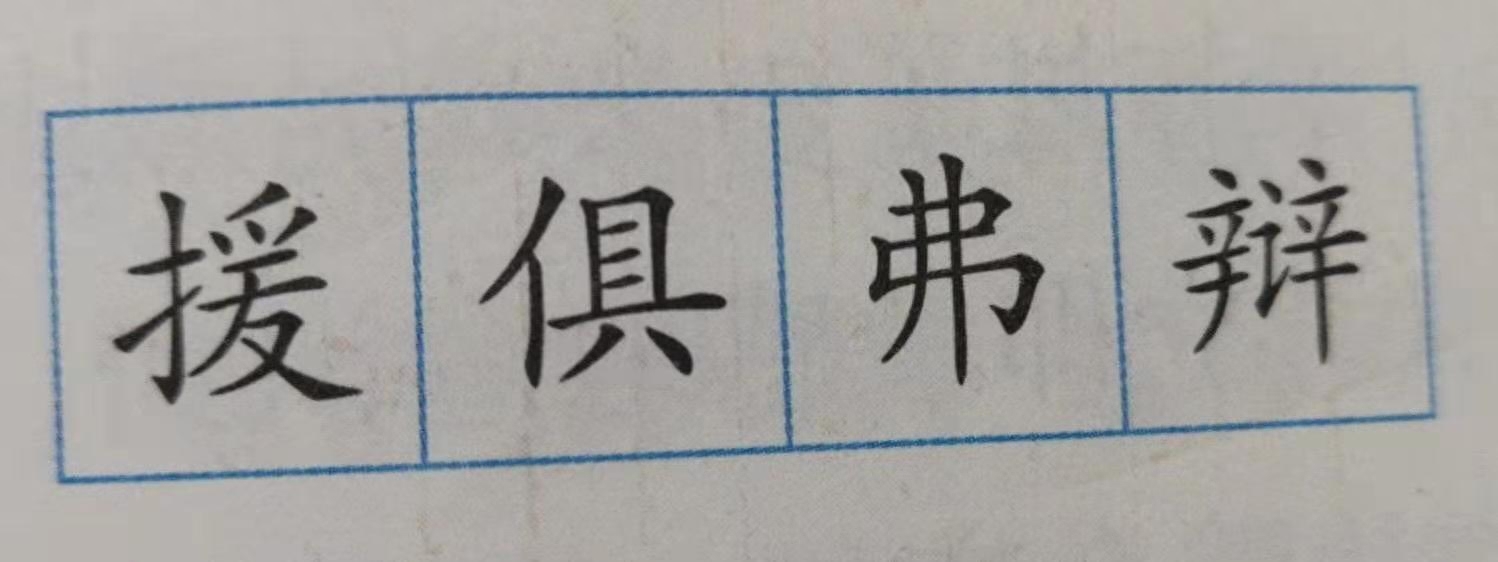
Articles are uploaded by users and are for non-commercial browsing only. Posted by: Lomu, please indicate the source: https://www.daogebangong.com/en/articles/detail/liu-nian-ji-xue-sheng-yu-xi-14-ke-wen-yan-wen-er-ze-jiao-shi-bi-ji-xue-you-yi-ju-biao-da-guan-dian.html

 支付宝扫一扫
支付宝扫一扫 
评论列表(196条)
测试